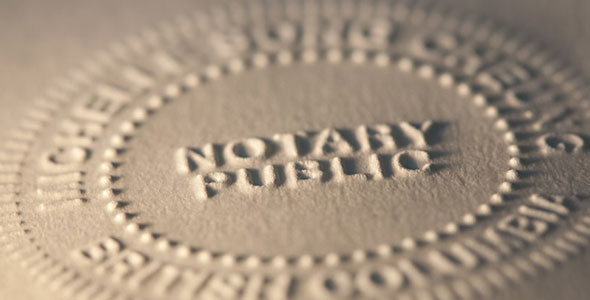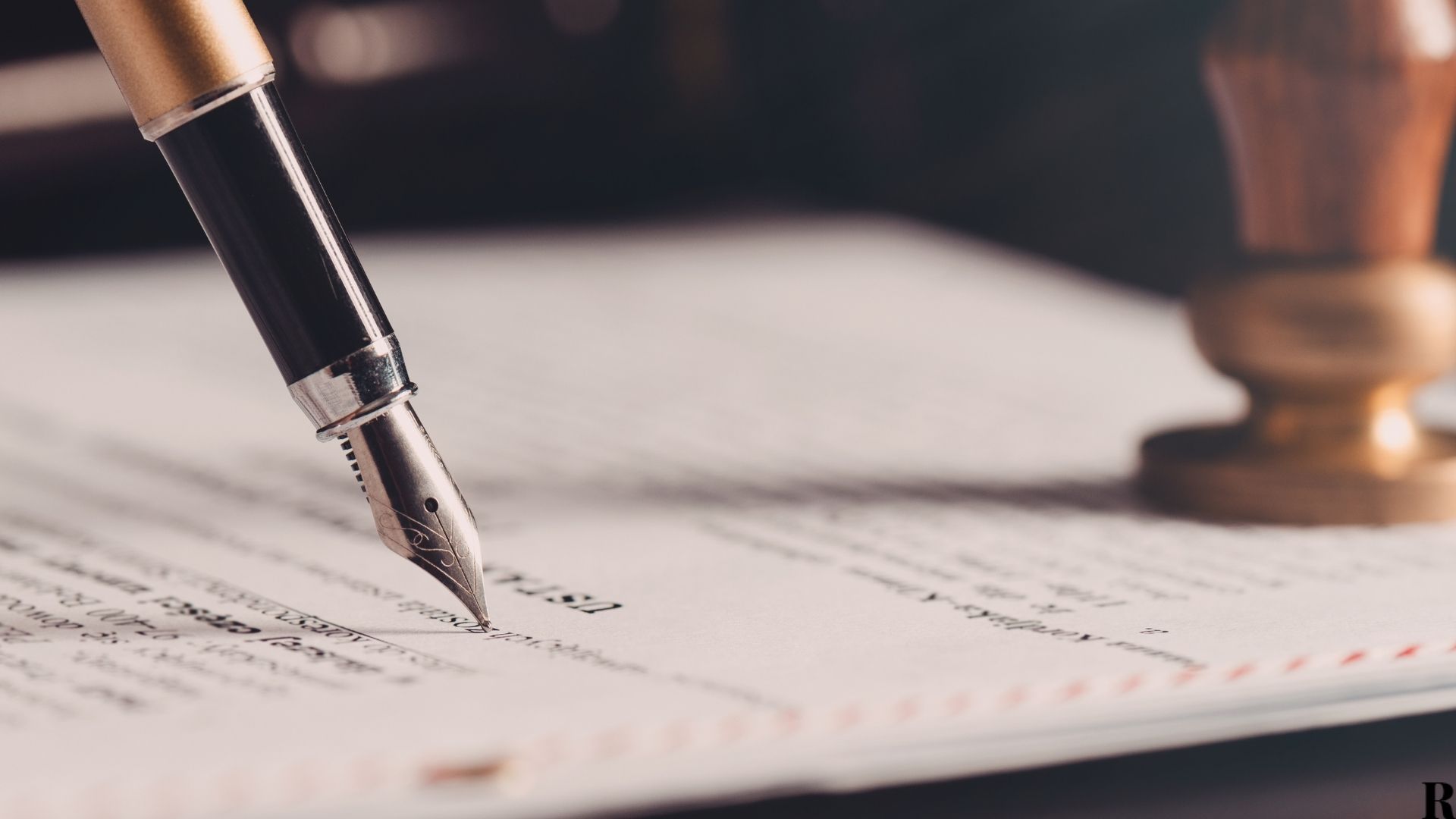Demystifying Notarial Work: Simplifying the Function and Importance of Notaries
Their duty, commonly shrouded in enigma for many, brings substantial weight in guaranteeing the credibility and stability of important records. By untangling the complexities losing and bordering notarial practices light on the significance of their acts, a clearer understanding emerges of the important function notaries play in maintaining the material of contractual and legal arrangements.
The Background of Notarial Job
The background of notarial work dates back to old people, where scribes played an important role in recording essential details and verifying records. This led to the growth of notaries, individuals appointed by the state to act as unbiased witnesses in legal issues.
During the Center Ages, notaries acquired prominence in Europe, with their functions broadening to include drafting lawful documents, accrediting signatures, and preserving documents. The increase of international trade even more highlighted the relevance of notarial operate in verifying agreements and contracts across boundaries.
In the modern-day period, notaries continue to play a crucial role in lawful and business deals by confirming identities, verifying the authenticity of records, and protecting against fraudulence. Their function in certifying the credibility of agreements adds a layer of safety and security and depend the ever-evolving landscape of business and regulation.

Obligations and Responsibilities of Notaries
Notaries play a crucial function in validating the authenticity of files and the identification of signatures. One of their main duties is to witness the finalizing of vital files, such as actions, contracts, and wills, to make certain that all events are entering right into agreements intentionally and willingly.
In addition, notaries are tasked with providing oaths and affirmations, which are vital in legal procedures and the execution of affidavits. They certify duplicates of initial files, offering guarantee to establishments that the duplicates hold true reproductions of the originals. Notaries must maintain precise documents of all deals they supervise to ensure transparency and liability. Generally, the obligations and duties of notaries are necessary in securing the integrity and legitimacy of different documents and deals.
Notarial Certificates and Signatures
Exemplifying meticulous focus to information, notarial certificates and trademarks work as crucial elements in validating the authenticity of legal documents. Notarial certifications typically have essential information such as the date of registration, the names of the signatures, a summary of the record, and the notary's main seal. These certificates give a clear record of the notarial act, making sure that the paper can be easily recognized and traced back to the notary who oversaw the process.
Signatures play a critical function in notarial work, as they symbolize the arrangement and approval of the parties included. Notaries carefully witness the signing of records to confirm the identity of the signatories and validate that they are signing of their very own free choice. By affixing their official seal and trademark to the paper, notaries license that the required treatments have actually been complied with and that the record is enforceable and valid.
Basically, notarial certificates and signatures are the hallmark of credibility in legal purchases, supplying assurance to all celebrations entailed that the documents are genuine and binding.
Significance of Notarial Acts

Notarization Process Described
Clarifying the registration procedure gives clarity on the vital actions entailed in confirming legal records. The notarization procedure typically begins with the specific offering the paper to a notary public. The notary then validates the signer's identity with appropriate identification techniques. As soon as the identity is confirmed, the notary ensures that the private authorizing the my explanation document does so willingly and with no coercion.

Conclusion

Notarial certificates generally contain important info such as the date of registration, the names of the signatures, a description of the record, and the notary's main seal. These certificates supply a clear document of the notarial act, ensuring that the paper can be easily identified and mapped back to the notary who oversaw the process.
By affixing their official seal and signature to the document, notaries certify that the necessary treatments have been followed and that the record is legitimate and enforceable.
By verifying the identification of the notaries, confirming their determination to enter right into the arrangement, and accrediting the date and place of the signing, notaries play a crucial role in maintaining the legitimacy of lawful papers.After the document is authorized, the notary will fasten their main seal or stamp onto the file.